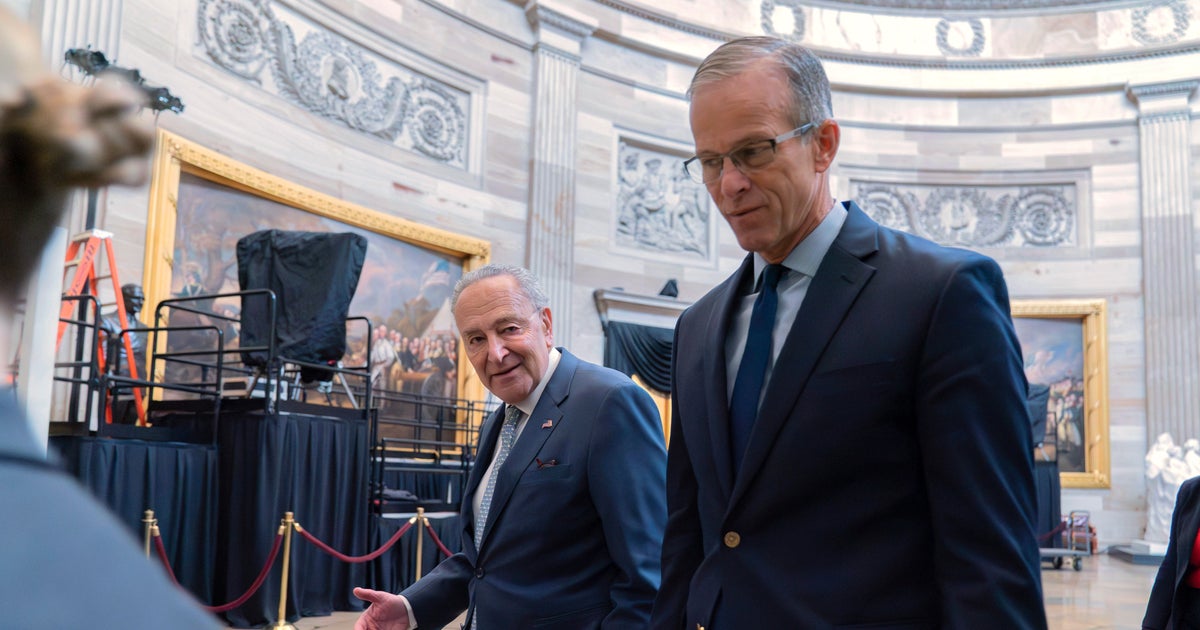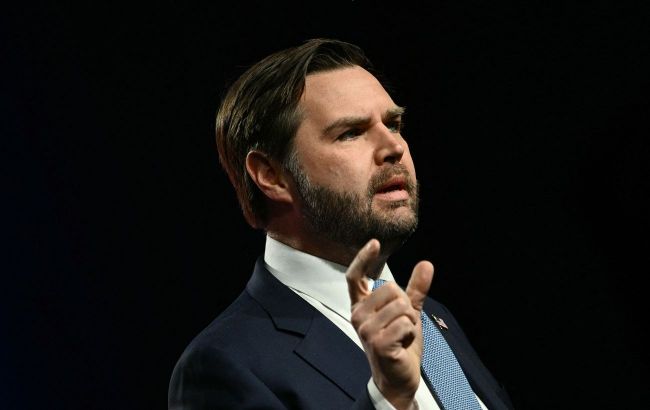Idahoans Face Health Insurance Premium Hikes as Federal Tax Credits Near Expiration
Thousands of Idahoans could lose their health insurance coverage as enhanced federal premium tax credits are set to expire at the end of 2025. Advocates and people with disabilities rallied in front of the Idaho State Capitol on Thursday, March 20, 2025, to protest proposed federal Medicaid cuts that could further exacerbate the situation. The potential loss of these credits, enacted as part of the American Rescue Plan Act and extended by the Inflation Reduction Act, threatens to double average premiums and leave many unable to afford healthcare.
The Impact on Idaho Families
Bob McMichael, a retired teacher from Council, Idaho, and his wife are facing a significant increase in their health insurance premiums. Currently paying only $50 a month due to enhanced tax credits, they received notice that their premiums would surge to $400 a month with the credits, or over $2,200 without. This cost, nearly their entire monthly income, would force them to choose between healthcare and basic necessities like groceries and utilities.
The Role of Enhanced Premium Tax Credits
The enhanced premium tax credits ensure individuals don't pay more than 8.5% of their income on benchmark health insurance plans purchased through exchanges like Your Health Idaho, created by the Affordable Care Act. These credits provide increased assistance to existing beneficiaries and extend eligibility to those earning over 400% of the federal poverty level. In Idaho, they have reduced average monthly premiums by over $400, bringing them down from $636 to $179, according to Ivy Walker, Policy Associate at Idaho Supports Medicaid.
Political Gridlock and the Government Shutdown
The potential expiration of these credits became a point of contention during the recent federal government shutdown. While Republicans blamed Democrats, Democrats insisted on extending the credits and repealing Medicaid cuts from the “One Big Beautiful Bill Act” as part of any funding bill. Despite the political disagreements, a KFF poll found that over 78% of Americans, including 59% of Republicans, support renewing the enhanced credits.
Consequences for Idaho's Healthcare System
The end of the enhanced credits could cause the rate of uninsured Idahoans to "skyrocket," according to Ivy Walker. This would create a ripple effect, straining the healthcare system and forcing hospitals to absorb more uncompensated care. Private insurance companies would then likely raise premiums for those still insured, creating a "vicious cycle" where families must choose between healthcare and basic needs.
Idaho's Congressional Delegation Divided
While the policy positions of Idaho's congressional delegation, comprised of four Republicans, weren't initially clear, U.S. Rep. Mike Simpson opposes extending the enhanced tax credits. A spokesperson stated it was a "distraction from the Democrats." U.S. Sen. Mike Crapo "welcomes conversations" on lowering healthcare costs, while U.S. Sen. Jim Risch criticized Democrats for setting the expiration date on the credits, calling them "temporary, COVID-era subsidies." U.S. Rep. Russ Fulcher could not be reached for comment.
The Approaching Open Enrollment Period
With open enrollment for Your Health Idaho starting on Oct. 15 and ending on Dec. 15, Pat Kelly, executive director of the exchange, emphasizes the importance of consulting with an insurance broker or agent. Given the potential for increased premiums, brokers can help individuals find plans that meet their needs. Families like the McMichaels face uncertainty, potentially lacking healthcare coverage if premiums become unaffordable.
 Visit the website
Visit the website






